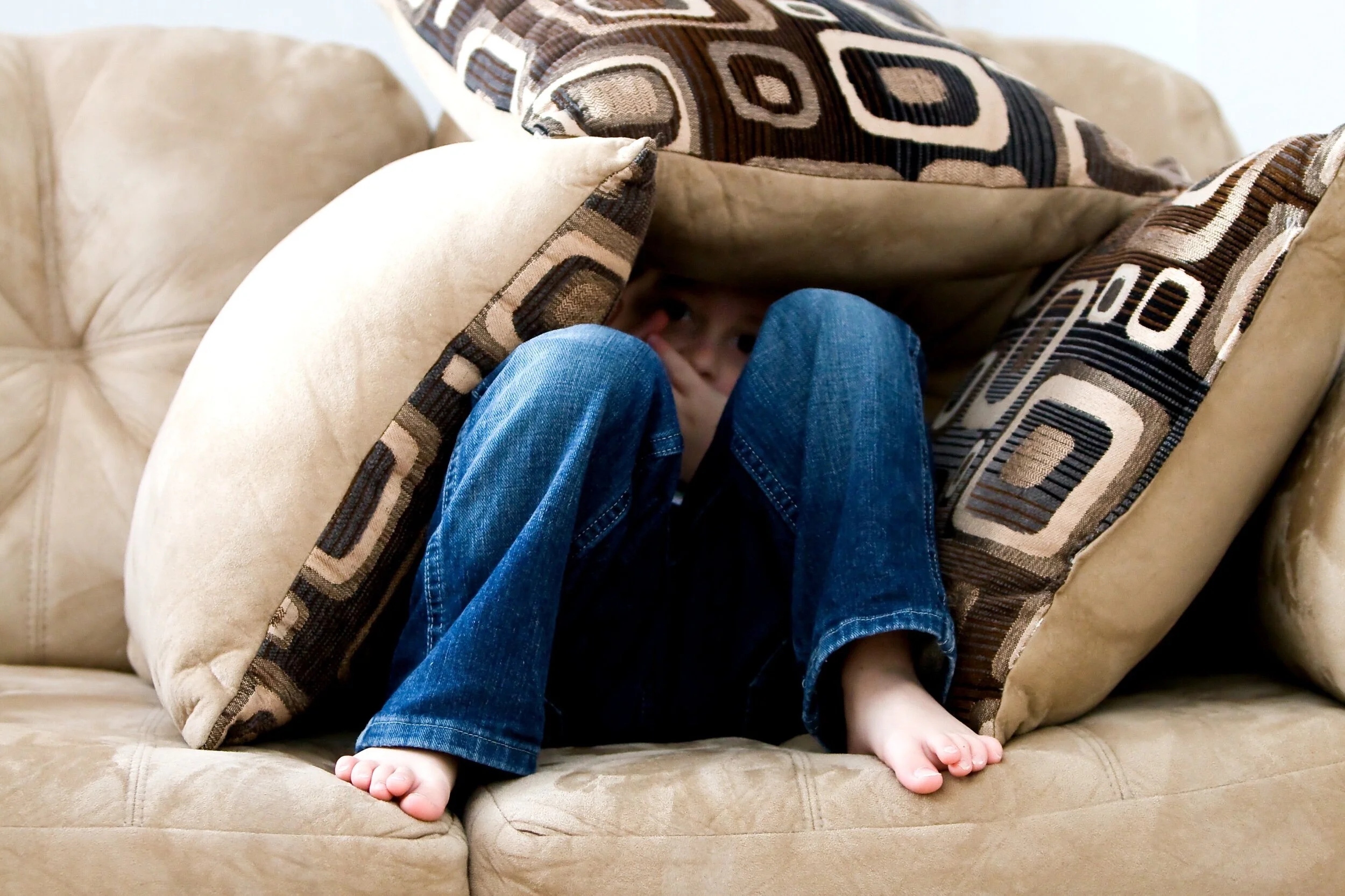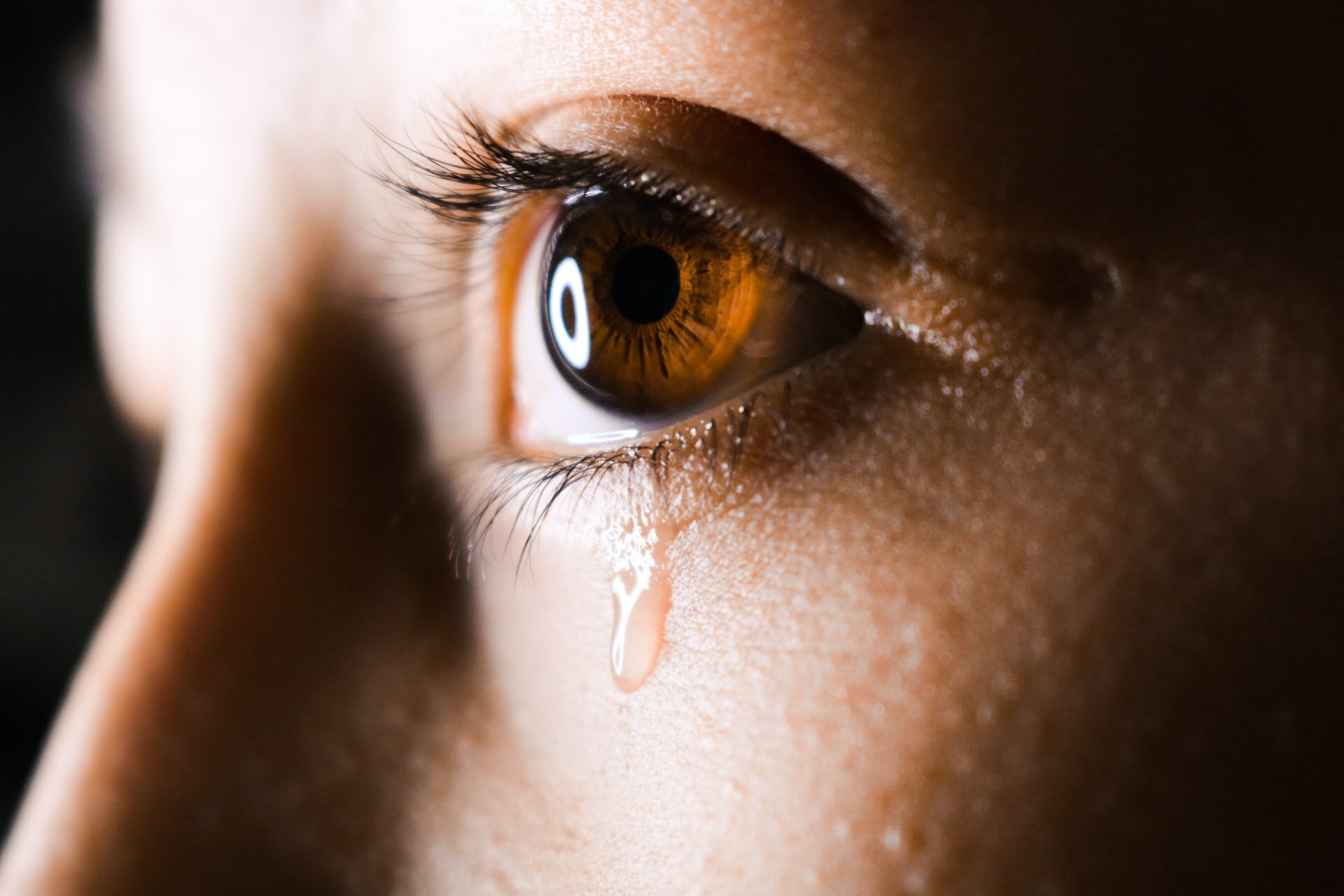Yesterday I re-read a great tweet by Naval Ravikant (@Naval):
Western philosophy is about striving for personal perfection in an imperfect world.
Eastern philosophy is about accepting personal (illusory) imperfection in a perfect world.
Since I live in Europe, I was struck by how he thinks western philosophy looks at the world and the way we see ourselves in it.
I could relate on so many levels — personal, business, relationship. We often see the world as broken and in need of fixing. And doesn't it seem true in these days when you take a look at the news?
We want to fix us and the world through Perfection
Often, we don't want to see all the hurt and scars - in the world and in ourselves. We want to fix the world by removing all the fragility and scar tissue. We want to return to a pristine ideal that might never have existed. We want the world (and ourselves) to be perfect.
We believe that fixing the world means that we must also become perfect. Because, as long as we are broken inside, we can't fix the world outside. This thinking is so in line with the cult of personal and professional optimization.
We not only want to be better. Instead, we want to be THE BEST — we want to be PERFECT.
The need to be perfect often is linked to a longing for being accepted and loved. Therefore, being imperfect means feeling like a failure and not deserving love.
Take a look at the eastern approach of philosophy according to Naval: Eastern philosophy is about accepting personal (illusory) imperfection in a perfect world.
Is the world perfect, and our own perceived imperfection an illusion?
I find this also a tough pill to swallow, since accepting the world as perfect (which it might be from the standpoint of the universe) means that there is nothing we could do to improve it or ourselves.
Again, looking at the news today, I find this also to be an extreme.
Perfection is an illusion
I think that perfection, in itself, is an illusion.
Neither the world nor we will ever become perfect. If you attach love to the attainment of perfection, you are shutting yourself out from love. You (and the world) can, however, become better and improve over time.
Acceptance of our imperfection, as well as the imperfection of the world, is the first step. For that acceptance, you need courage, humility, and humor.
Zen Mind, Wabi-Sabi and Kintsugi
If you can laugh about your weakness and the weakness of the world you live in, you open yourself up for more creative ways of improving both.
Knowing and laughing about your weakness allows you to attain what in Zen is called beginners mind, a mind of curiosity and openness.
Being humble to allow (valid) criticism to chisel at your ideas and insight to improve and strengthen them also is a sign of inner growth.
In Japan, there is the art of Kintsugi. Kintsugi literally means "Golden Joinery". It is the Japanese art of repairing broken pottery by mending the areas of breakage with lacquer dusted or mixed with powdered gold, silver, or platinum. As a philosophy, it treats breakage and repair as part of the history of an object, rather than something to disguise.
Kintsugi is embedded in the Japanese concept of Wabi-Sabi. Wabi-Sabi stresses the beauty and magnificence of imperfection in all things. It is centered on the acceptance of transience and imperfection.
"The world breaks everyone, and afterward many are strong in the broken places "— Ernest Hemingway: "A Farewell to Arms "
In Wabi-Sabi and Kintsugi, repair requires transformation, and the pristine is less beautiful than the broken.
After we've been broken, our scars are the lines where our values and strengths are built. This is where the golden lines of our repair and transformation shine. We (the people) as well as the world — may be broken. But neither does denying it helps nor only accepting a total return to the perfect version (that never existed in the first place). It is more about accepting the scars and integrating them as essential to the development of ourselves as well as the world itself.
Picture by Wikimedia user Daderot: Exhibit in the Ethnological Museum, Berlin, Germany. Photography was permitted in the museum without restriction.



